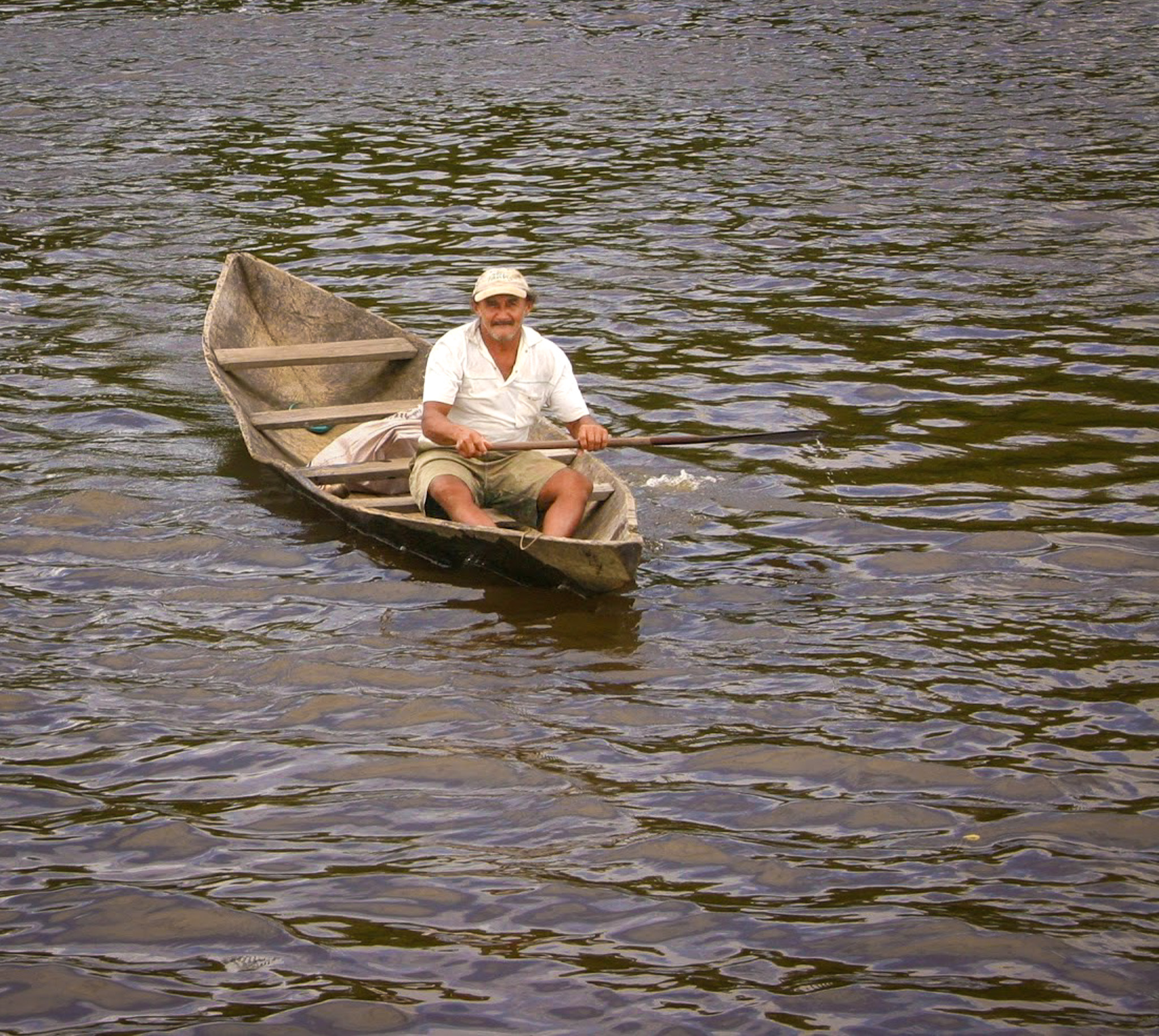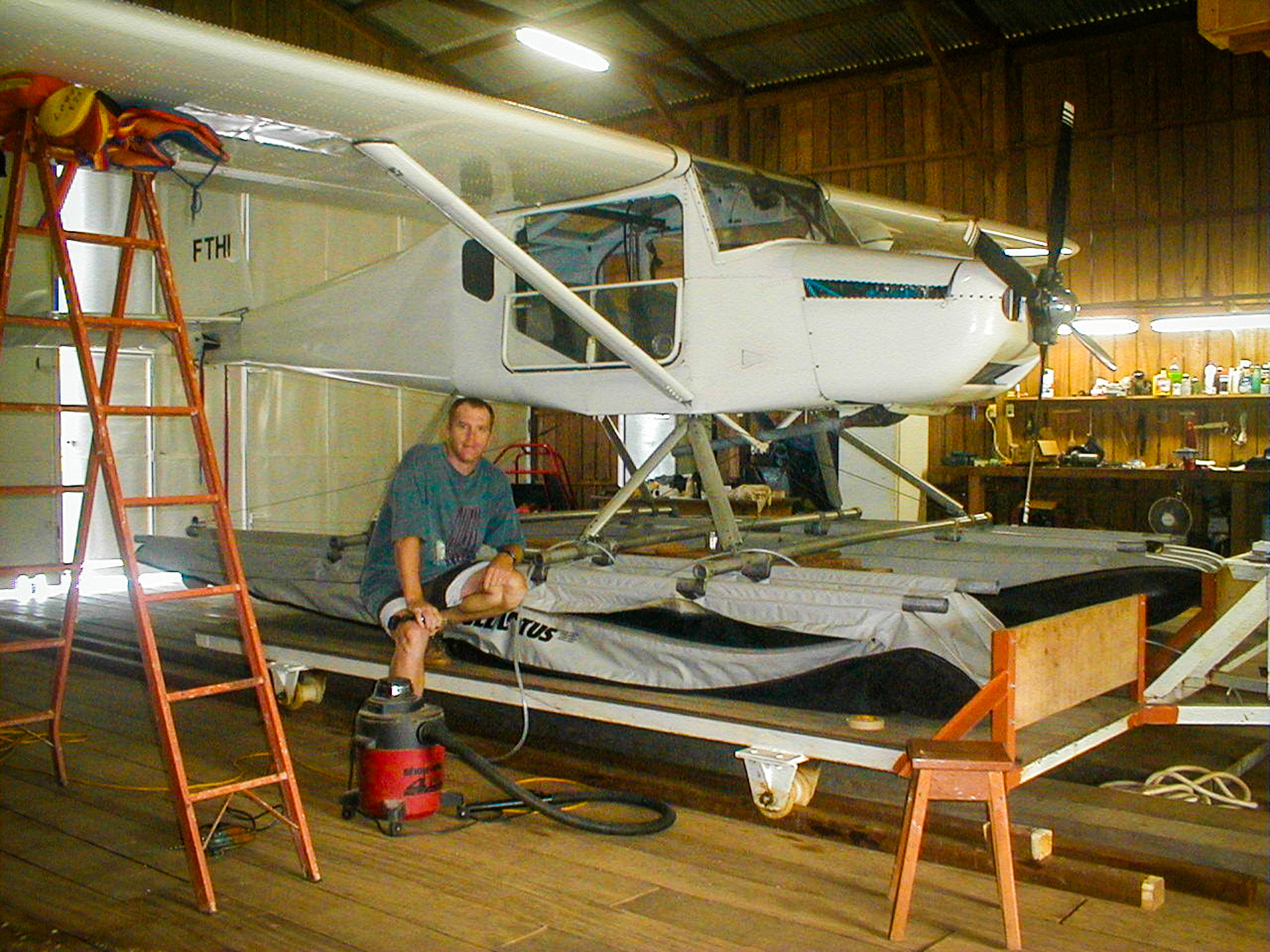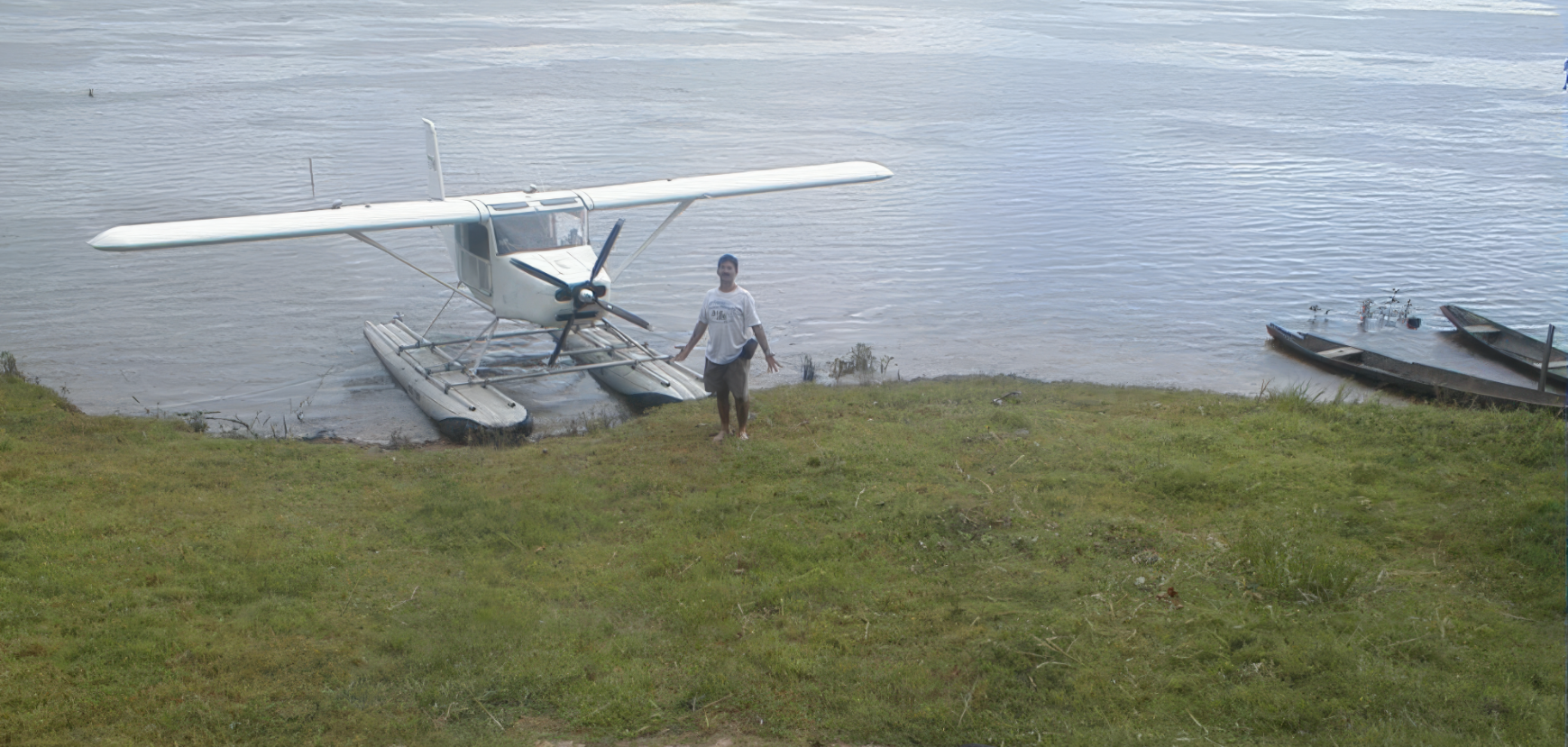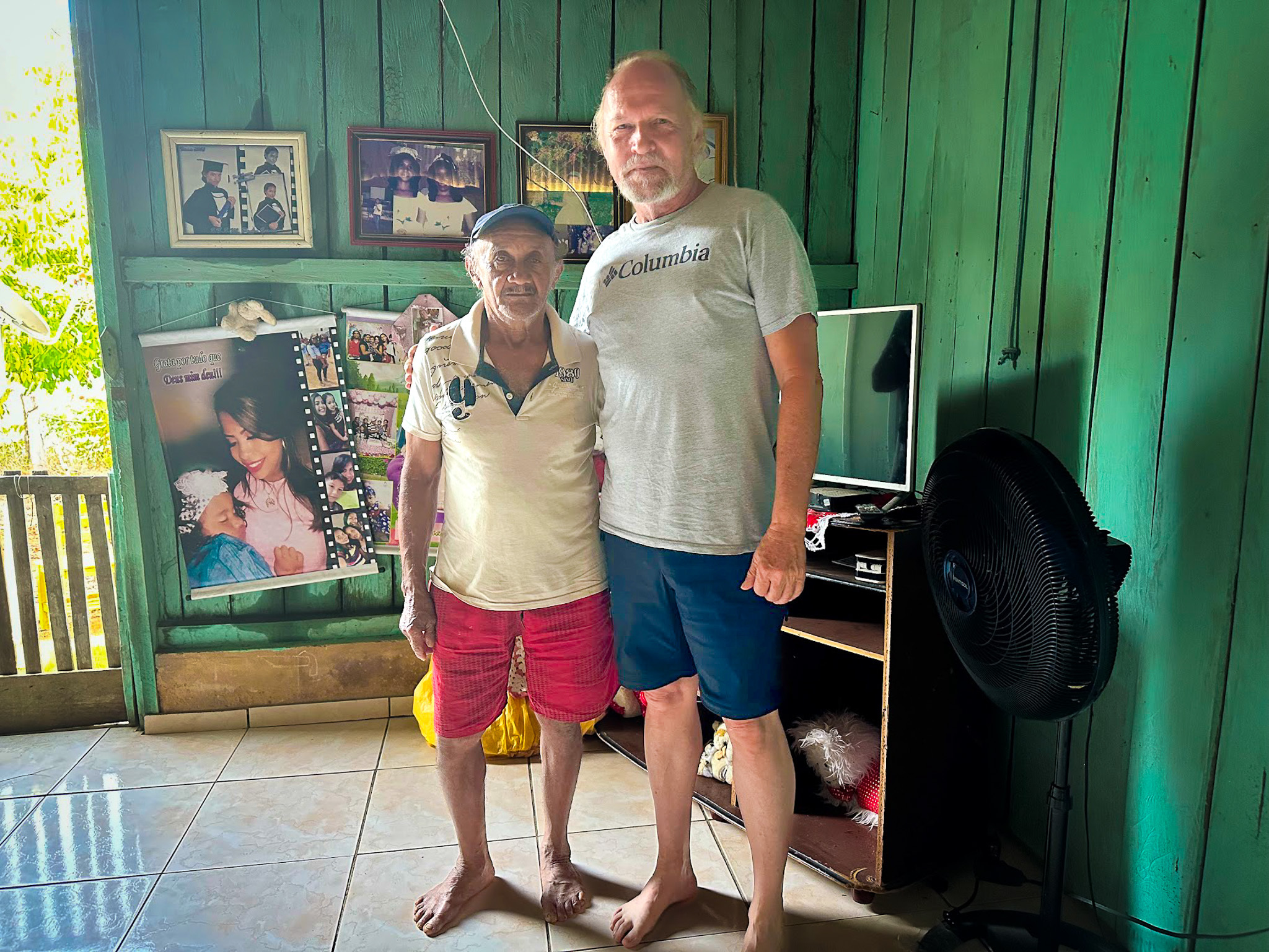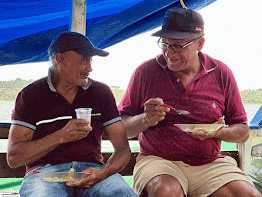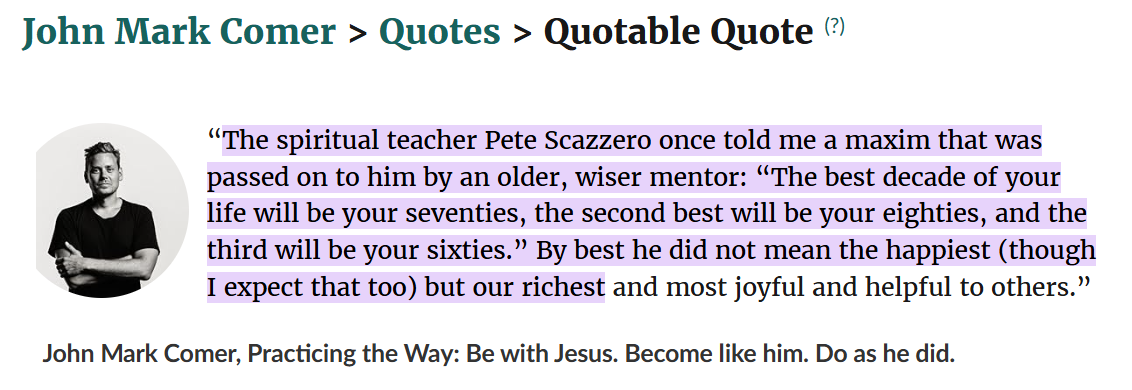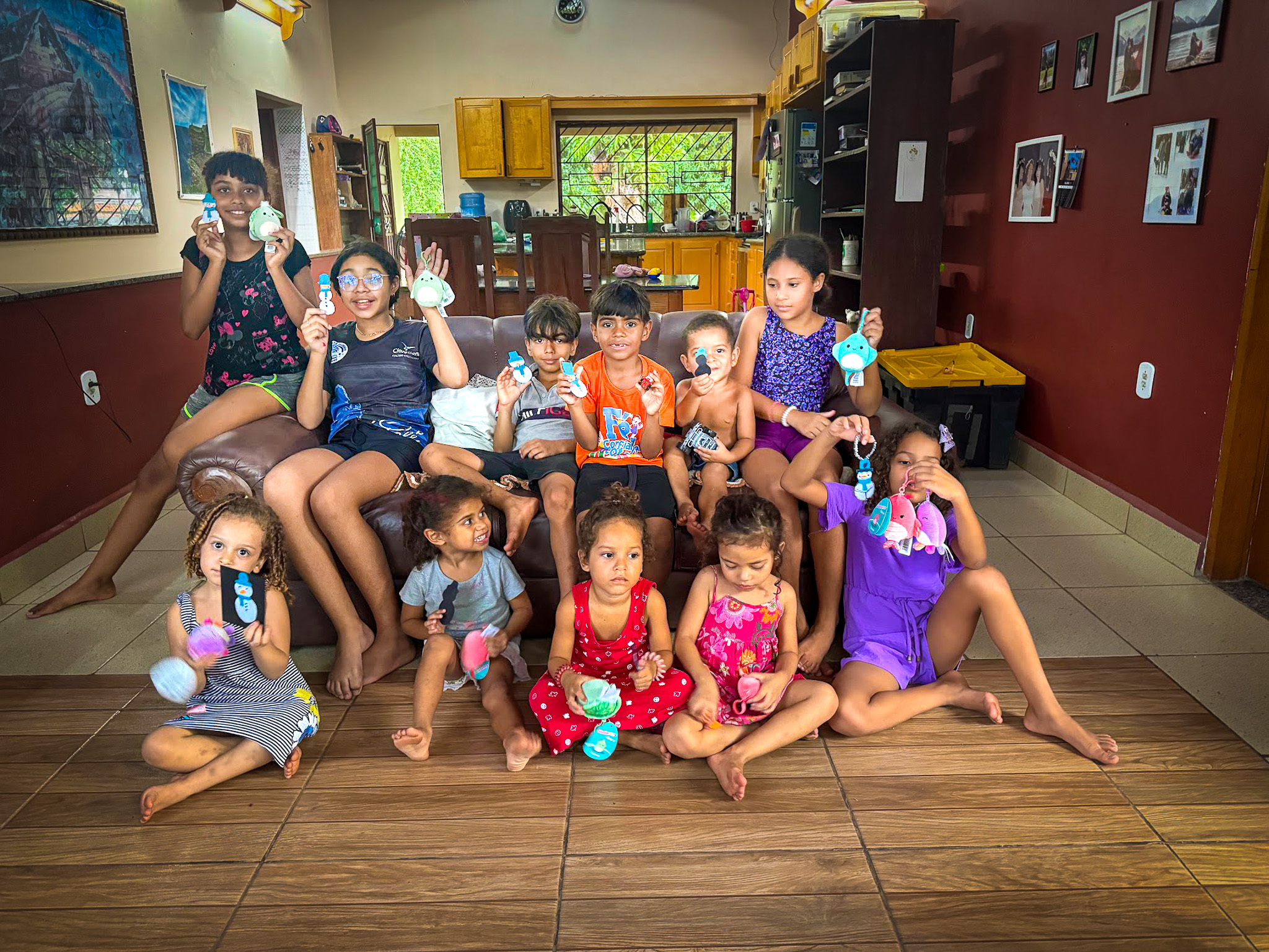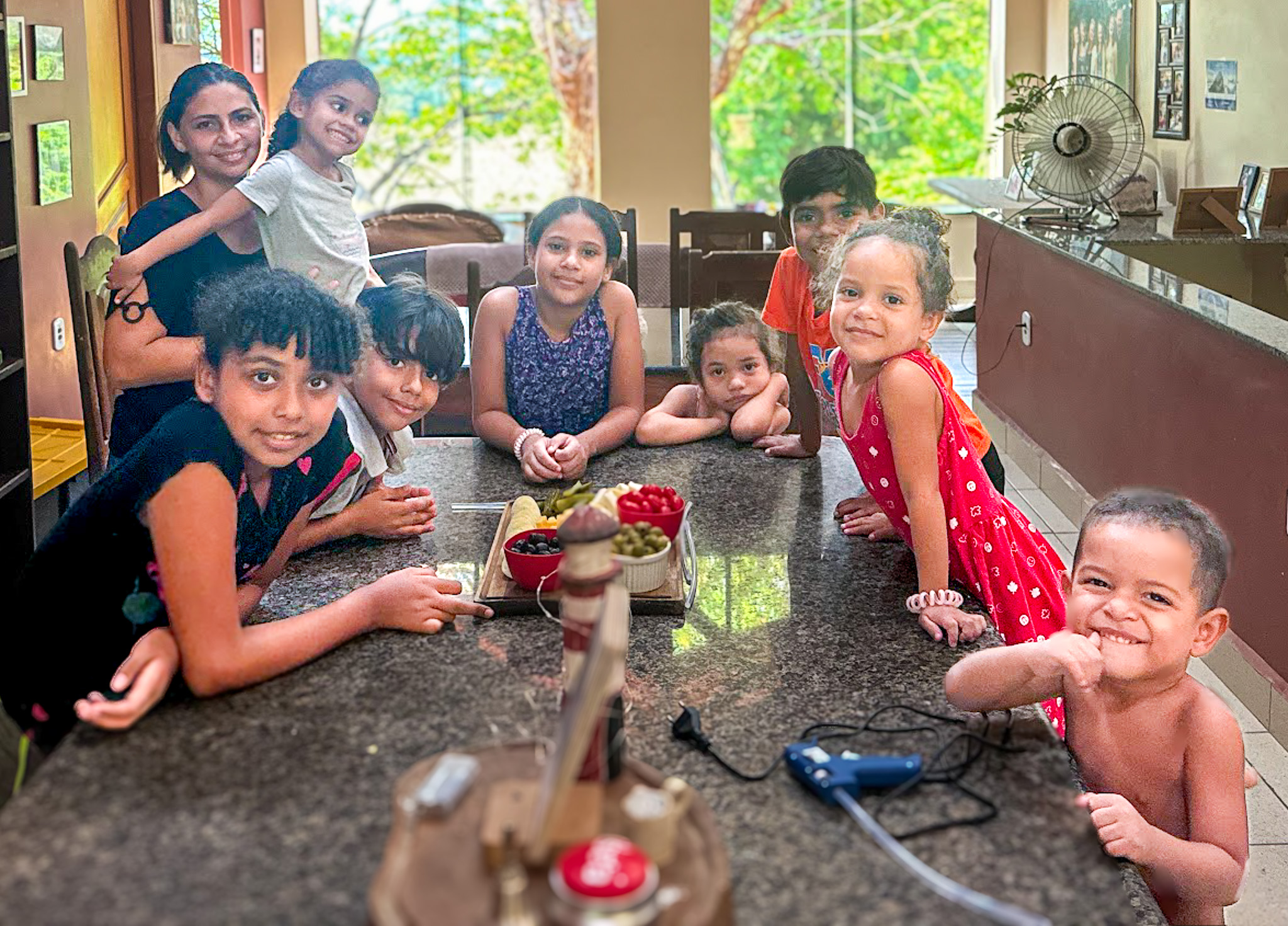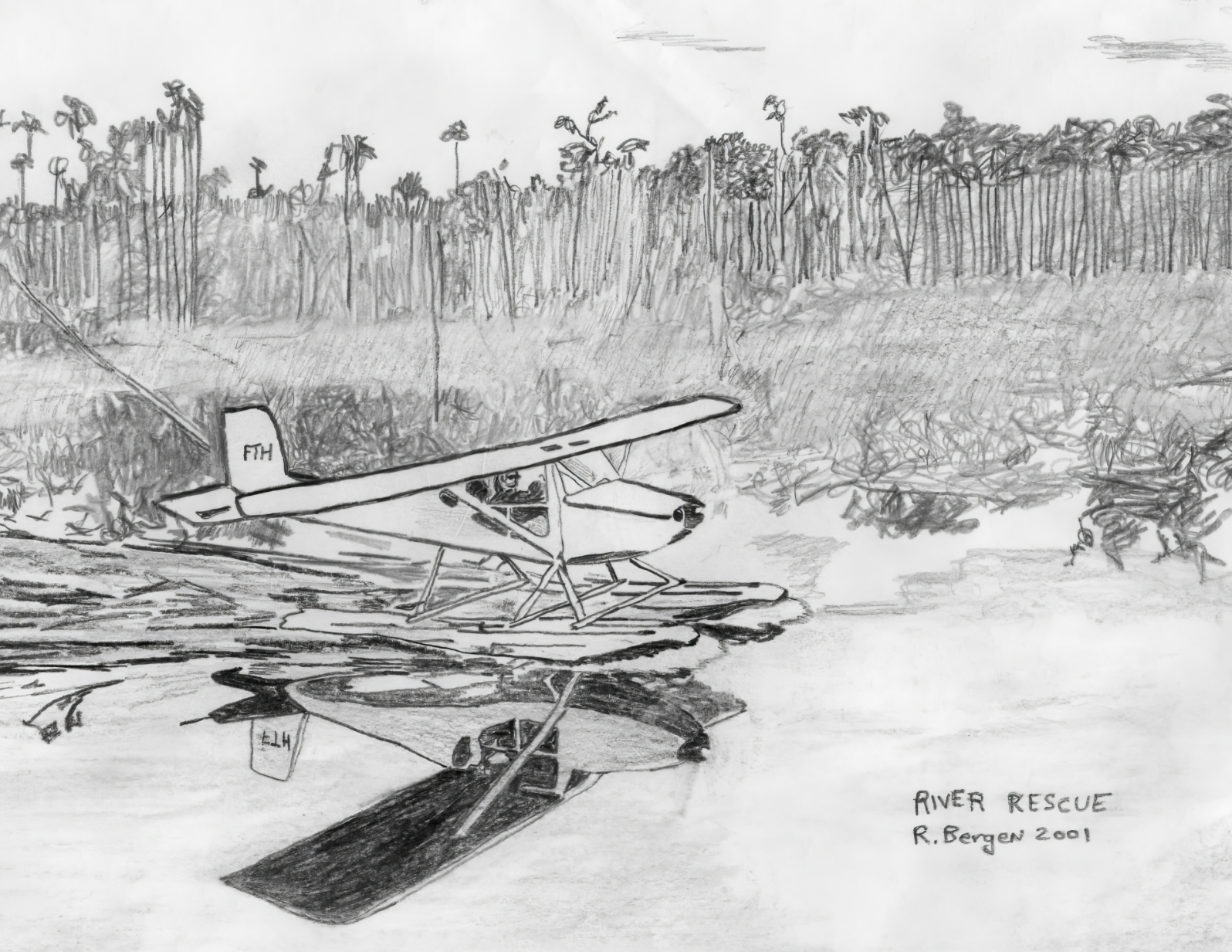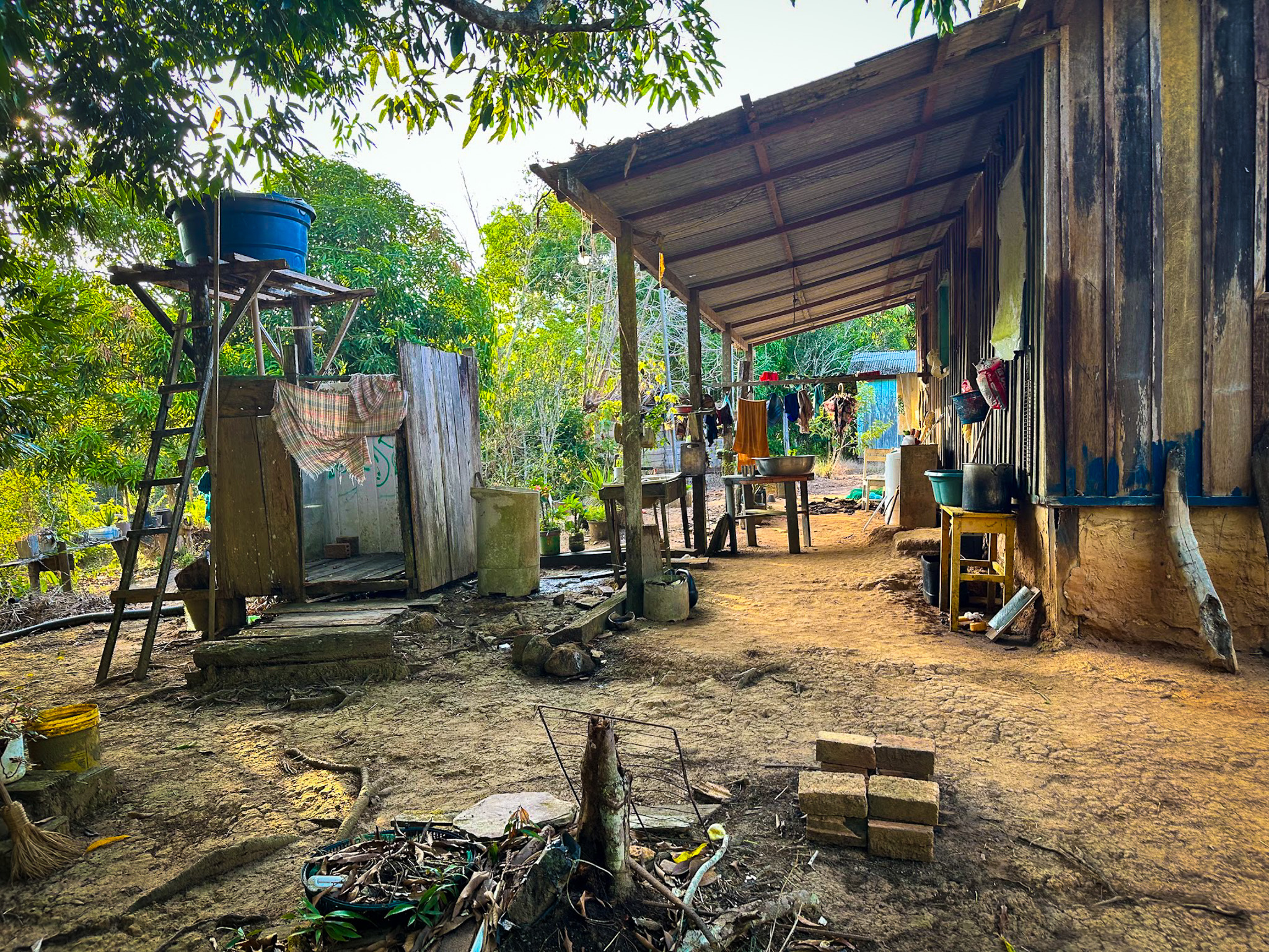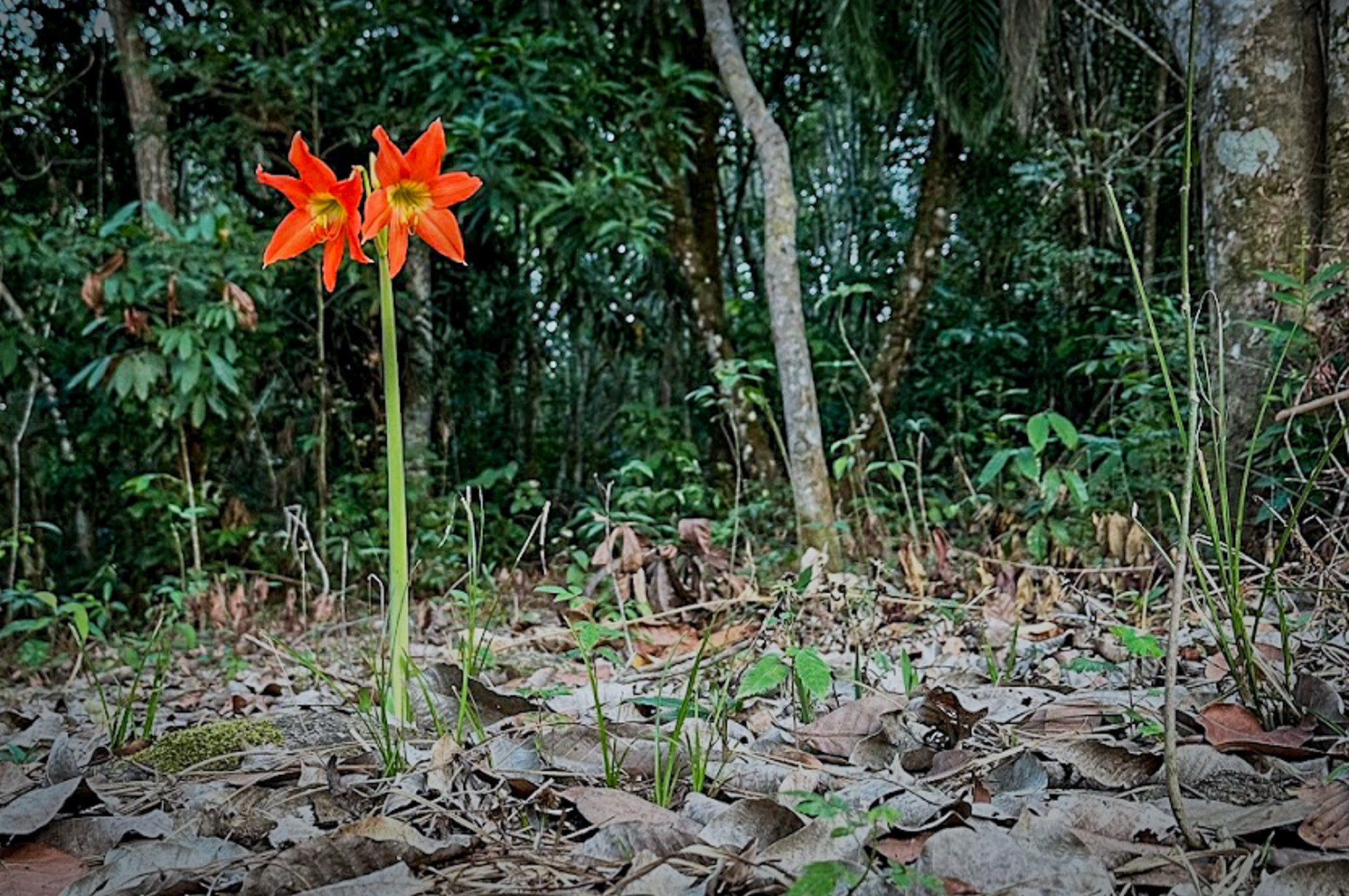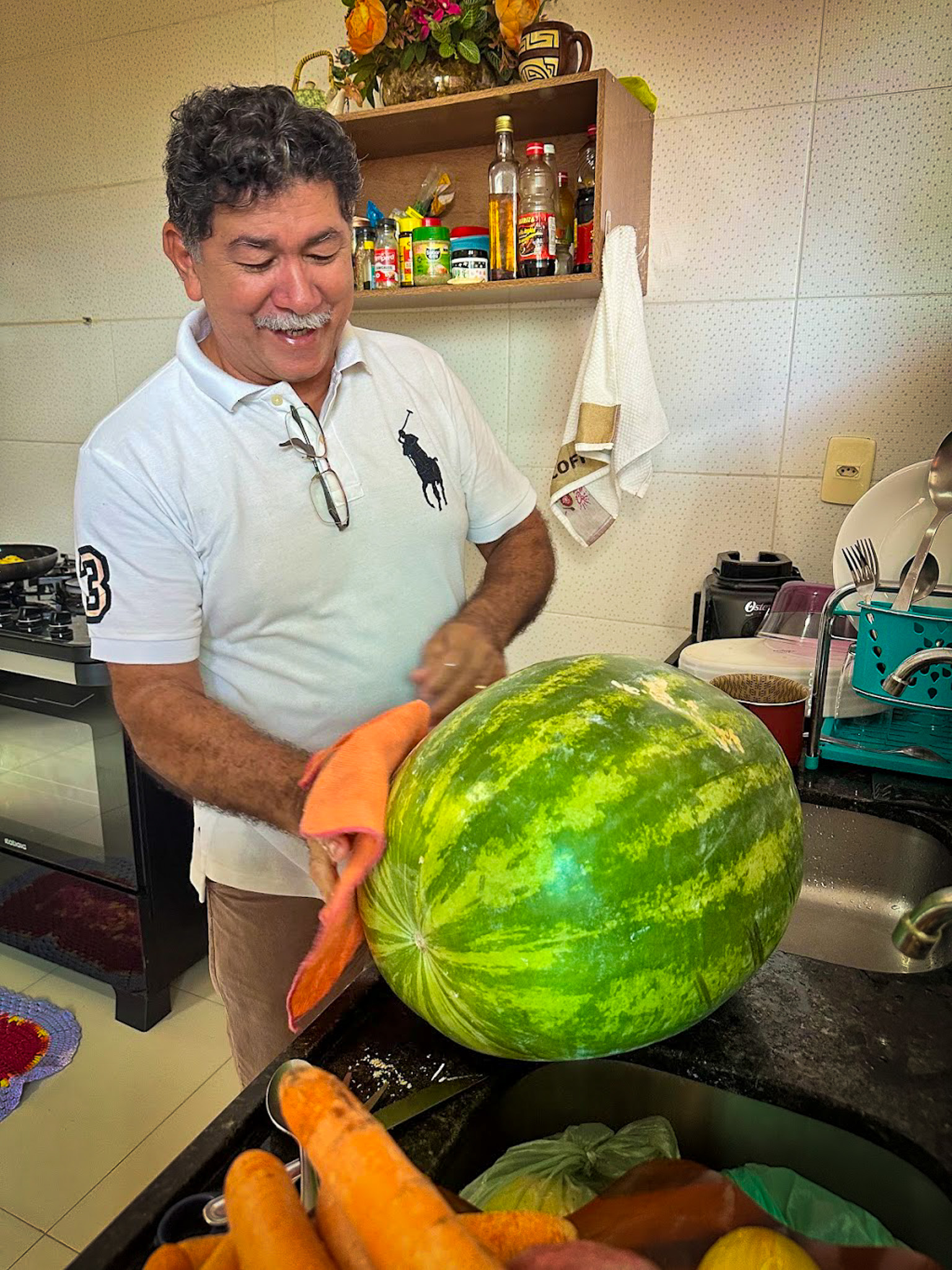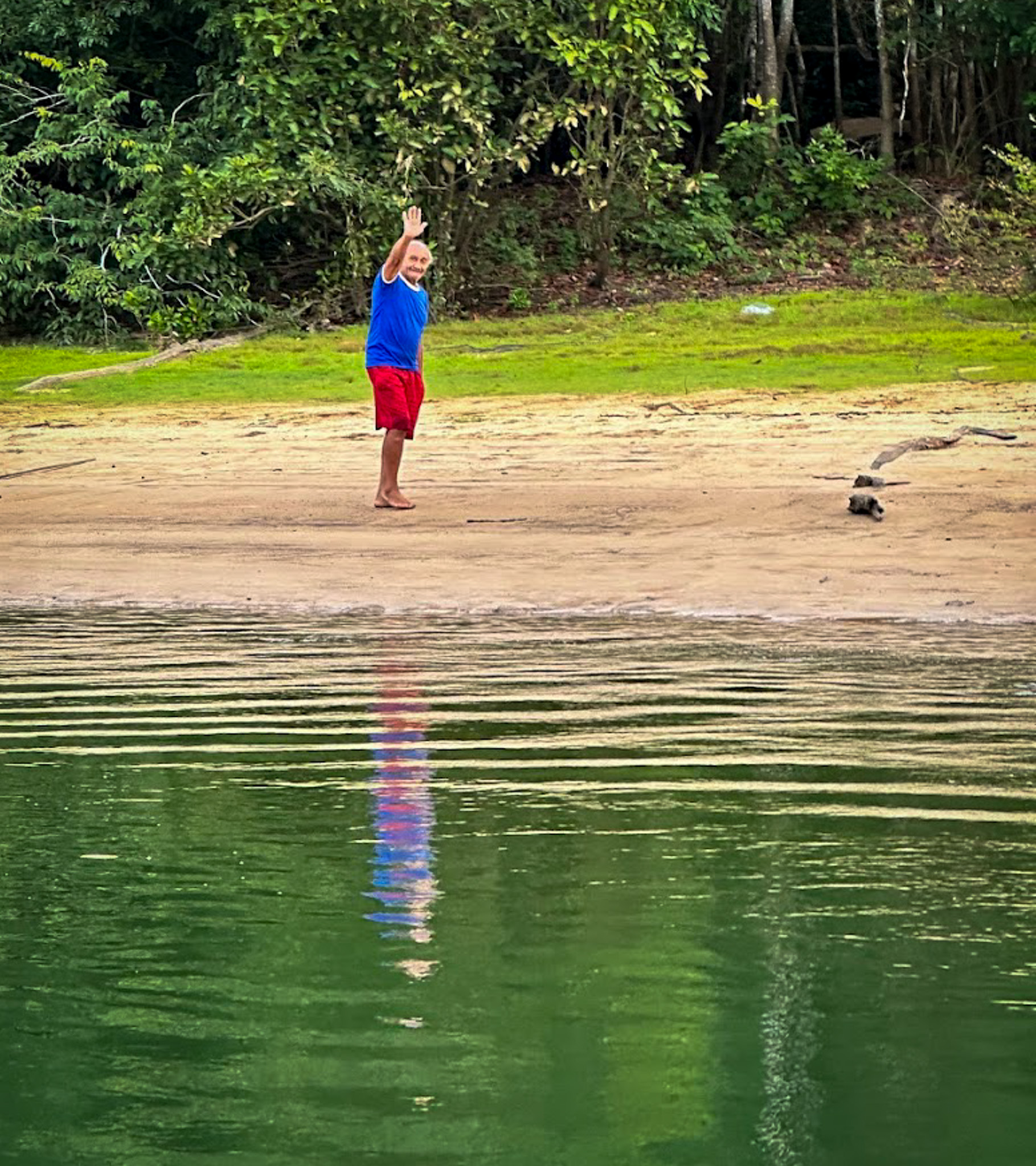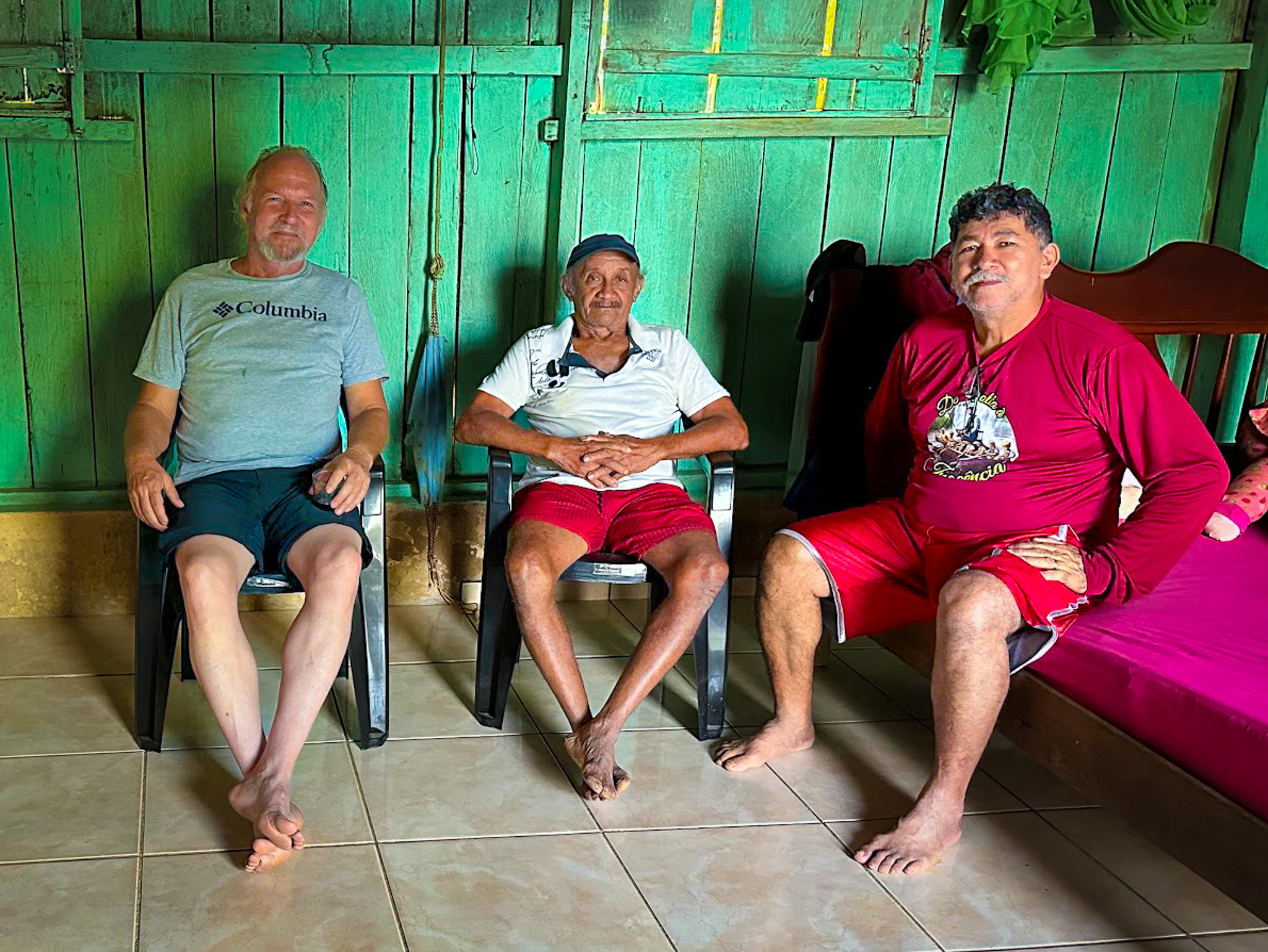 Rick, Careca, and Clenildo (2024) Careca lived in the bush and hated Christians. One day, Clenildo was passing through that remote region and noticed a man working in his field, making farinha, by himself. He stopped and asked if he could help, as it was a two-person job. Careca accepted and later invited Clenildo to his house. When his brothers saw who it was, they asked Careca why he invited a pastor to his home. “No. I would never invite a pastor!” They became friends, though, and Careca and his family became Christians and built a church in Água Preta, next to their house.
The story, however, started a few years earlier. Ross, my brother-in-law, and I worked on a newsletter in my office in the late 1990s. It was Saturday morning. Jefferson and Vagner, two Brazilian teenagers, came to our house to ask if we could rescue their mom with our truck. She lived many hours away in the jungle, and her hip went out. Back to Careca’s story, Ross took the young men out in his floatplane on Saturday in 1998. The people in Água Preta had never seen a floatplane. Ross overheard men talking on the shore that maybe the president of Brazil was coming to visit them. The young men went up the trail 3 km to bring Vagner’s mom back to the airplane in a stretcher while Ross adjusted the inside of his plane to accommodate it. When Lourdes, the mom, saw Ross and the plane, her eyes widened. “I had a dream last night. A speedboat came zooming up to this shore, and I heard a voice behind the boat say, ‘You can only be healed by the God of the Bible.’” You are that speedboat. Lourdes is Careca’s brother’s wife. The gospel often flows in remote regions through families. This story encouraged us to reach beyond the people we knew to plant churches in faraway places where God was preparing people for the gospel.
In my experience, the best way to sustainably help the poor is by developing spiritually healthy disciples who form spiritually healthy, welcoming, reproducing communities. |
Missionary Support Teams
| Early Years
In 1992, it took us one year to raise enough monthly support to move to Brazil as long-term missionaries. We had about 2/3 of what Luke Huber said was the minimum, and we were full of zeal and faith. Finally, in October the mission leader, Luke Huber, said, Sure enough, it has always worked out. We have often been very low, but it has always worked out. I wish I knew how to express my gratitude more to our support team. I trust God is revealing His appreciation to each person who has participated in helping reach the Xingu River people with the gospel. A Training Season I clearly remember telling people before we moved to Brazil in 1993, “We are going to the Amazon to learn to plant churches in the tropics in Portuguese. The next 30 years may all be like a dress rehearsal or practice, and our real mission may begin later in life, as it did with Moses on the back side of the desert.”
While our bodies are less resilient, we feel more equipped spiritually and mentally than ever. Deanna and I feel the best use of our combined experience and formal training is to do conferences and spend personal time with leaders, teaching them skills, helping them overcome challenges, and cheering them on in the faith. We work primarily in more-populated centers, as did Apostle Paul in the New Testament, hoping each city center will populate its backyard. A strategy for how Brazilian missionaries can sustainably, from within their resources, maintain a healthy church-planting outreach remains elusive. Developing spiritually healthy leaders is a good place to start. Consider the size of Altamira, one of many cities in the Amazon Basin.
You can click the links at the bottom of this email to learn more. Over the years, many of our support team members are now retired or are cheering us on from the other side. Coupled with this are the rising costs of travel and ministry. Please pray about giving monthly support to us or other missionaries you trust. Sincerely, Rick Bergen. |
Twenty Areas of Growth in Thirty Years
| Our Journey with God is resulting in:
Experience: Decades of real-world experience in diverse situations. Cultural Sensitivity: Deep understanding and respect for different cultures. Language Proficiency: Fluency in Portuguese and the cultural nuances in Northern Brazil. Established Relationships: Strong connections with local communities and leaders. Problem-Solving Skills: Proven ability to navigate and resolve complex challenges. Mentorship: Capability to guide and train recruits. Resilience: Mental and emotional strength built over years of service. Adaptability: Ease in adjusting to new environments and situations. Crisis Management: Expertise in handling emergencies and crises. Resource Management: Effective use of available resources. Health & Safety Awareness: In-depth knowledge of health protocols and safety measures. Interpersonal Skills: Enhanced communication and interpersonal skills. Strategic Planning: Ability to develop and implement effective strategies. Patience & Compassion: Deep sense of patience and compassion towards others. Historical Knowledge: Understanding the history and context of our mission. Legacy: Our reputation and trustworthiness often precede us. Conflict Resolution: Skilled in mediating conflicts and fostering harmony. Fundraising & Support: Established networks for financial and logistical support. Health & Wellness: Knowledge of maintaining physical and mental health in challenging environments. Faith & Commitment: Strong, unwavering faith and commitment to our mission. In summary, we do not know all the answers, but we know Who does. In many cases, we are less sure of the answer, which is good because we are growing dependent on God and His Wisdom. We are grateful for every experience and lesson of our missionary career and look forward to this next season. |
Marabá
| It was important for Deanna to come to Marabá,
For the church conference, And for these children, Many of whom consider her like a grandma.
|
Favorite Photos
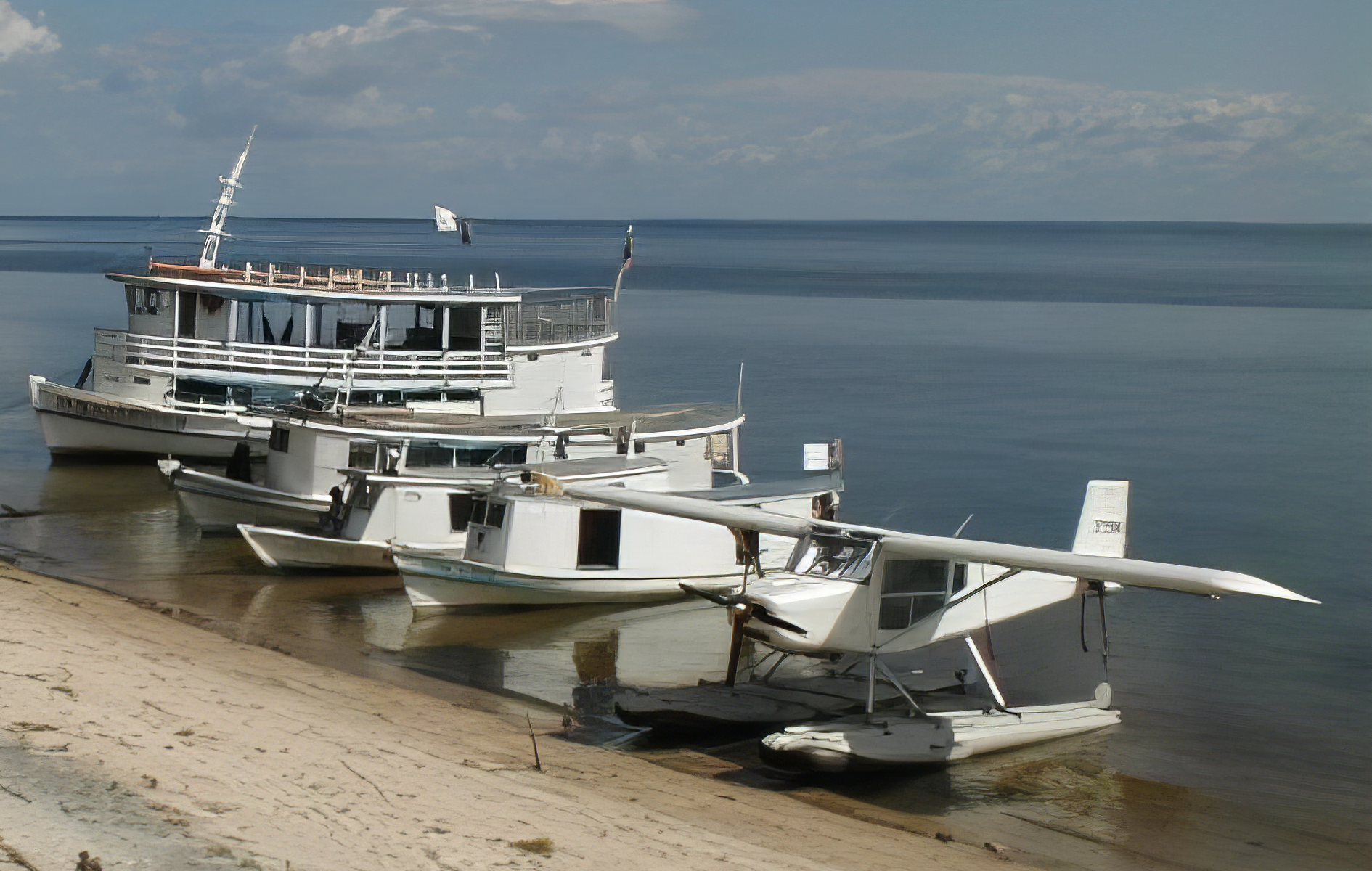 The mission fleet on the shores of the Xingu River at a Training Camp near Porto de Moz in 2004.
|
Powered by WPeMatico

